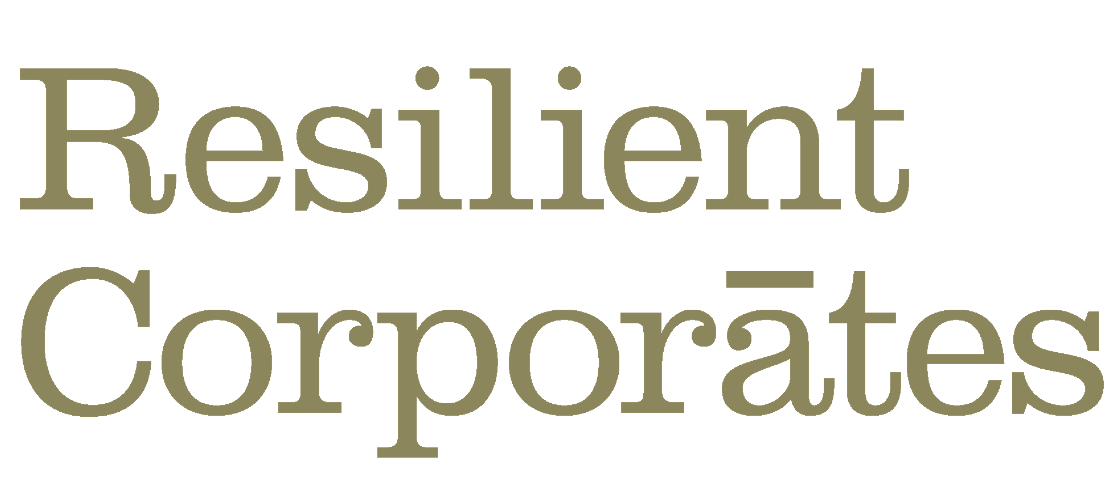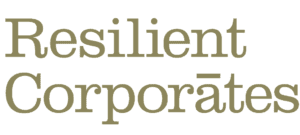Governance
If you are having challenges, it is likely that our functional experts
will have dealt with similar issues in other boardrooms.
Understanding finance is crucial, no matter what other skills you possess, when you are a director, in law you are responsible for your business’s finances.
The top 5 governance questions that boards should be asking themselves
How well could you and each of your fellow directors explain:
Sustainable improvements are built on sound diagnostics.

Intakes
- Listen to everything and everyone (particularly those who don’t know).
- Hear what is not being said
- Challenge traditional assumptions
- Reflect, Reframe, Restate.
- Let every statement become a question
- Create enough open space for consensus to emerge
Interactions
- Banish Familiarity Bias with role-play
- Provoke debate
- Evoke civil/team values
- Watch behaviours (individual and collective)
- Unknown futures require conceptual/three horizon thinking, who “gets” it?
Insights
- Illustrate, don’t describe
- Visualise, graphics, photos etc matter
- Declare open borders on experts and leading thinkers
- Practice the art of holding multiple and conflicting views
- Develop proprietary tools for your unique problem
- Purpose is singular, so avoid “and”
The Problem/Solution Axis
We have developed the Problem/Solution graphic to help directors to understand the different governance requirements when they are in varying territories:
- Known problems to known solutions, when the focus should be about effective and efficient resource allocation and processing.
- Known problem, but the known solutions are not working, when the focus should be on gaining understanding of how the problem has been misdiagnosed.
- Unknown solutions to unknown problems, when the focus should be on deciding upon selecting an appropriate risk management technique.
Our Board Evaluation Toolkit
The valuable output from board evaluation is improving the quality of long-term sustainable decision making in boardrooms. Our board evaluation toolkit is underpinned by our proprietary Juggling Giants framework which allows boards and senior management teams to safely explore and improve the quality of decision making through role-play and debates.
How we do this in practice
Have a look at the Project Chelsea case study and let Harold, the CEO, tell you what he thought of our ability to quickly get to the heart of what was going on and to value add in the process.
Chelsea is a thriving business, generating historically high returns. Chelsea’s shareholders have a medium-term plan (3-5 years) to dispose of their shares on retirement and appointed Resilient Corporate to undertake a governance review.
Challenges
- Despite full board commitment, extensive consultations and significant investment, Chelsea was losing staff and personnel churn was beginning to result in client churn.
- Instability in the client base and /or the workforce will threaten the exit valuation for the shareholders on their retirement.
- We suspected that the board of Chelsea had misdiagnosed the root cause of the problem because the known solutions to internally generated staff attrition issues were being tried and the problem was persisting.
Diagnosis
- a series of virtual meetings with the directors,
- three iterations of bespoke, anonymised questionnaires, and
- one-to-one online meetings with 10% of the workforce.
Having correctly re-diagnosed the problem, the directors were easily able to take the appropriate actions.
”We knew that stability of personnel was a key value driver in our business and we were frustrated by the loss of valued colleagues, the decline in attitudes and the erosion of the positive culture we’d built over decades. We knew that there had been no significant changes in our personnel or our practices so we were looking externally for the cause of our problem. Resilient Corporates’ surgical approach got to the bottom of our churn issues quickly and cost effectively, they really added value by saving us continuing to go down the wrong path. Our problem had been an internal one all along, despite there being no obvious internal changes. Once the governance problem had been correctly identified the turnaround in our business was felt immediately and endures. Resilient Corporates approach is to explain why they are taking particular approaches (and not others) at each stage of their work, so we learn through their thinking processes. They are masters of critical thinking (if we are to believe ‘x’ we would be seeing evidence of ‘y’) and this helped shift our focus to the anomalies and inconsistencies in the evidence. It was fascinating to see the way in which their skilled practitioners crafted surveys with increasingly precisely worded questions in a triangulation process to get to the root of issues. Our staff valued the chance to work with Resilient Corporates, they felt heard by experts and the whole experience was incredibly positive. Most of our team is under 35 and we were slow to understand generational differences. The Board Evaluation work unearthed a big gap between what our team members had been telling us and their true impression of working with us, the challenges and their futures at Chelsea. Resilient Corporates’ brought attention and insights to the evidence that our own team had overlooked. Resilient Corporates continues to give financial and governance input as we work towards a successful disposal, enjoying the restoration of stability, growth and positive mindsets in our workforce.
CEOProject Chelsea


